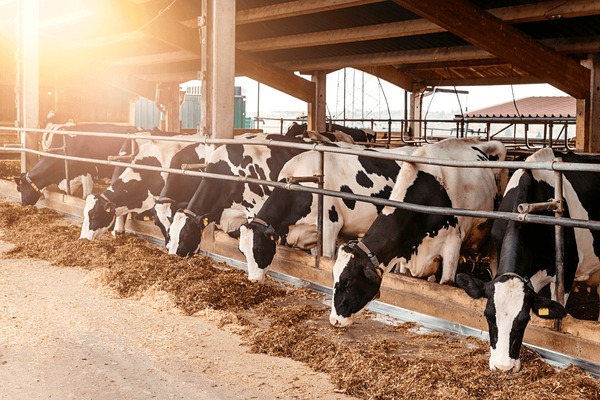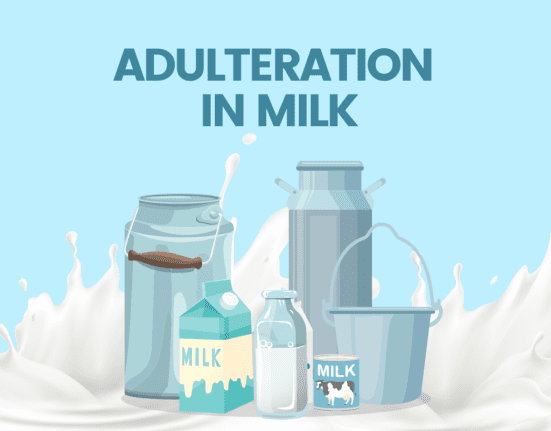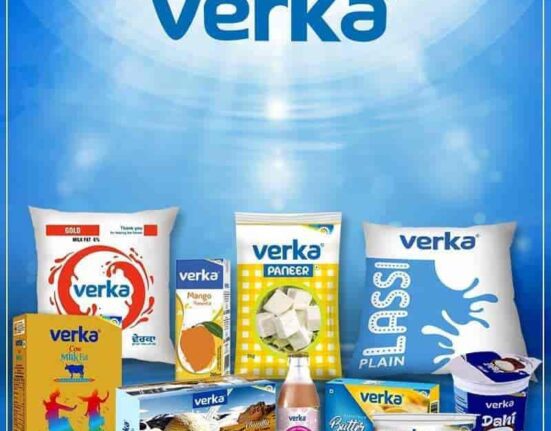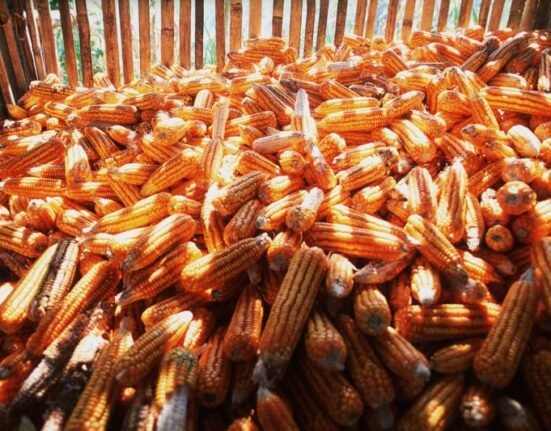A new study conducted by the European Food Safety Authority (EFSA) and German institutions concludes that the risk of Foot-and-Mouth Disease (FMD) transmission through animal feed is extremely low—a critical finding for India’s dairy and livestock sectors grappling with biosecurity threats.
The study found that even when large quantities of the FMD virus were added to different feed types, traces of the virus disappeared quickly. The conclusion: under typical conditions, feed does not serve as a viable vector for FMD transmission.
However, researchers warned that feed-related activities—such as transport logistics, packaging material, and human movement—can pose significant biosecurity risks.
“The biggest danger for FMD transmission remains through people, contaminated materials, infected live animals, or food products,” said Dr. Hermann-Josef Baaken, spokesperson for the German Feed Association (DVT).
Implications for India’s Dairy and Livestock Industry
India, home to the world’s largest cattle population, faces routine threats from FMD outbreaks, which cause severe economic and production losses in both milk and meat sectors. While India already runs an extensive FMD vaccination program, this new insight further emphasises the need for stricter human and material movement controls around dairy farms and feed units.
“In India, rural feed supply chains and on-farm traffic are often overlooked in biosecurity planning. This study offers a wake-up call,” said a senior official at the National Dairy Development Board (NDDB).
Feed Sector’s Role in Preventive Hygiene
Baaken emphasized that animal feed producers are acutely aware of their responsibilities and are urged to take every hygiene precaution, including:
- Wearing protective clothing 🧤
- Applying disinfectants after every farm visit 🧴
- Holding virtual meetings with clients instead of in-person visits 💻
- Disinfecting vehicle wheels and equipment post-delivery 🚛
- Keeping gates and premises sealed during and after entry 🔐
These practices align with HACCP protocols already observed in many Indian feed manufacturing units, especially those serving commercial dairy cooperatives.
“The mix-feed industry’s motto is ‘Safety First’. Economic sustainability and animal health go hand in hand,” Baaken added.







